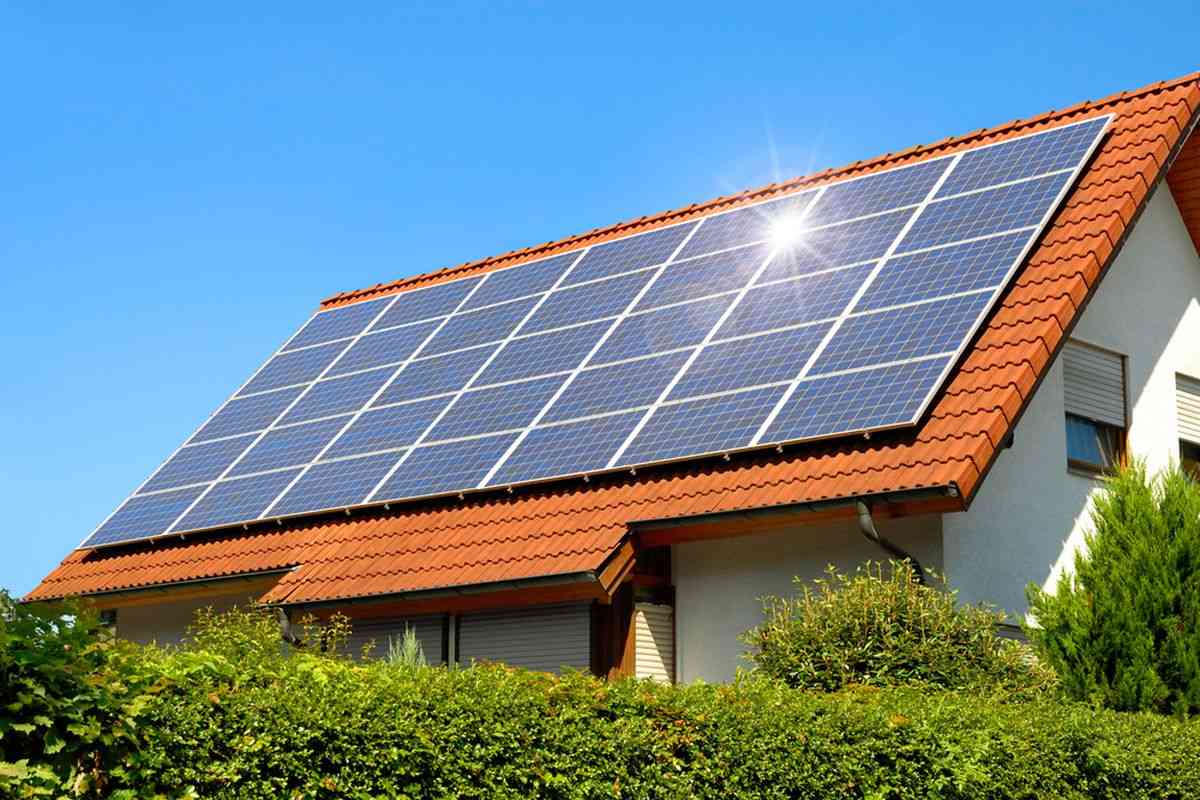
THE Zimbabwe Energy Regulatory Authority (Zera) has projected a surge in renewable energy projects in the country next year as companies move to cushion themselves against power shortages that are expected to worsen.
The southern African country is experiencing severe power outages with households and industry going for more than 10 hours without electricity.
The situation is set to worsen as the Kariba hydropower station is expected to operate at subdued levels due to reduced water supply and the El Nino-induced drought.
Zera chief executive officer Edington Mazambani told Standardbusiness in an interview that businesses were embracing renewable energy for their own consumption and net-metering.
“Most of the projects that are being developed are renewable energy projects for own supply,” Mazambani said.
“In 2024, it is projected that companies and businesses will continue to install projects for own consumption and net-metering like what was witnessed in 2023.
“The approval process has never been a problem in the development of electricity generation projects.
“As a regulator, Zera still needs to ensure that certain requirements are met including grid impact assessment, environmental and land access requirements.”
- Zera slashes fuel dealership licence renewal fees
- Zera hikes LPG prices
- Zera ponders over energy crisis
- Petrol, diesel prices go up
Keep Reading
He added: “In 2024, the Kariba power station will operate at subdued level due to reduced water supply arising from the El Nino phenomenon.
“Other local generation companies, some owned by the government and independent power producers as well as electricity imports will be expected to fill in the gap.”
Mazambani said to date, there were more than 18 megawatts peak (MWp) capacity under the net-metering scheme and over 6MWp under evaluation for connection.
“The authority and ZETDC (Zimbabwe Electricity Transmission and Distribution Company) are working on the feasibility of implementing virtual and group net-metering scheme in 2024,” he said.
Group net metering, according to experts, means an adaptation through which surplus energy created from a renewable energy system boosted through renewable power systems is exported or transferred to the grid through net metering.
The exported energy is regulated in multiple electricity service connections of the same user located within the same administration purchaser’s area of supply.
On the other hand, virtual net metering means an arrangement in which the total power or energy generated from a renewable energy system boosted through renewable energy structure is exported or transferred to the grid from the renewable gross meter.
The power exported is regulated in multiple electricity service connections of engaging customers located in the same administration purchaser’s area of supply.
Group metering is applicable to all consumers in general.
In contrast, virtual net-metering is appropriate for particular consumers like government authorities or other specified category individuals like farmers.
Zimbabwe has a huge potential for solar energy, which is largely untapped and underutilised.
According to Zera, the country has an estimated potential of 109 gigawatts (GW) of electricity from solar PV and 39,3GW from wind energy.
However, the current installed capacity of solar PV is only 8,869MW, of which 78% is commercial and 22% is domestic.











